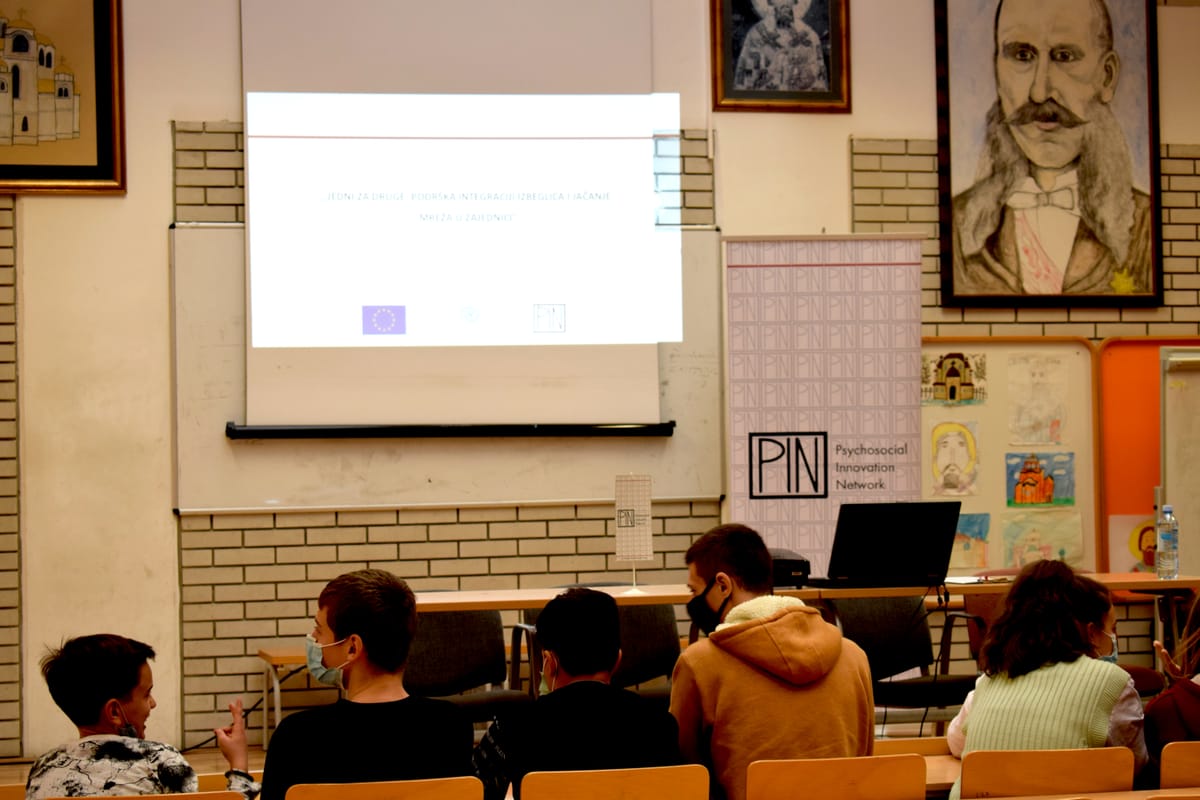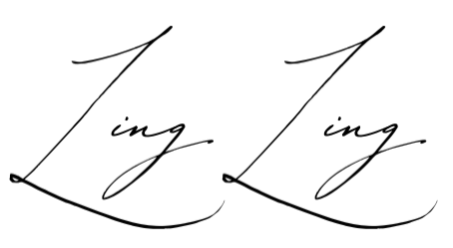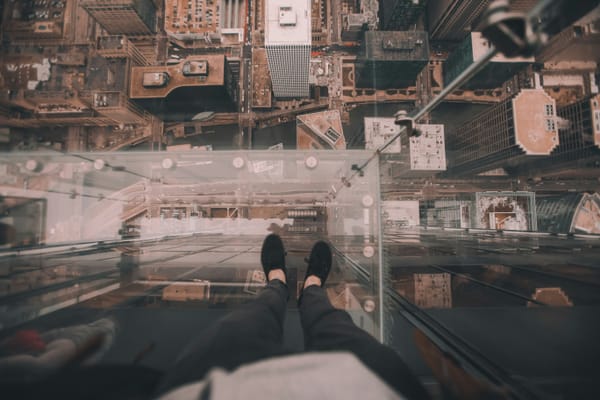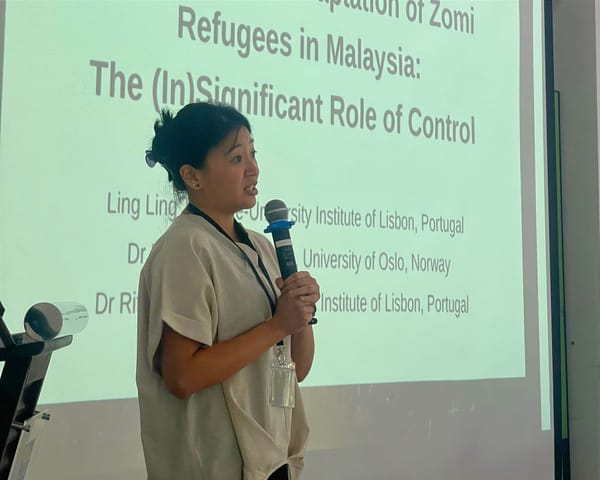The "One for Another" Project
From August to November 2021, the "One for Another” project encouraged peer-to-peer support networks to promote tolerance, intercultural sensitivity, social cohesion, and reduce xenophobia within the Serbian community.

The "One for Another: Supporting refugees’ integration and strengthening community networks" project started in August 2021 and ended in November 2021. This project received support and funding from the International Organization for Migration (IOM) under the EU IPA II project “Regional Support to Protection Sensitive Migration Management in the Western Balkans and Turkey”. Under the Psychosocial Innovation Network (PIN) guidance, this project supported the local community’s integration and acceptance of unaccompanied refugee minors (UAMs).
Youths are the future leaders and promoters of social change in Serbian society. Thus, this project is focused on promoting tolerance, intercultural sensitivity, and social cohesion and reducing xenophobia among Serbian youths. The project was designed to encourage and create peer-to-peer support networks between locals and refugees through psycho-educational workshops, engagement sessions and integration activities.
Workshops and activities were held in refugee homes for UAMs, local schools and youth centres across Belgrade and Loznica, a town bordering Bosnia-Herzegovina.
Psycho-educational Workshops in Local Schools and Youth Centres
Workshops on Discrimination and Intercultural Sensitivity were held in local schools and youth centres based in Belgrade, Belgrade, Karaburma, Jeleznik and Loznica. These workshops focused on the consequences of discrimination and the importance of intercultural sensitivity. Local students were the primary audience of the workshops, with teachers and school psychologists as observers.
The workshops were facilitated in a group discussion style, allowing students to explore topics of interest and empowering them to share their opinions. As such, the students could safely voice their concerns on issues of discrimination that were important to them, such as LGBTQ rights, gender equality, and school bullying. At the end of the workshops, students were provided feedback through the workshop evaluation sheet.
Engagement Sessions in Rescue Homes for Unaccompanied Minors (UAMs)
Engagement sessions were organised and facilitated for refugee UAMs in rescue homes based in Belgrade and Loznica. These sessions aimed to build connection and trust with the refugee UAMs. It was an opportunity to assess their openness and readiness to connect with local youths. With the help of interpreters, various activities and discussions were facilitated, such as discussions on multiculturalism, gender roles, and even exploring musical instruments. The activities were designed to be age-appropriate.
Like the psycho-educational workshop in local schools, these sessions were conducted in a facilitative group discussion style. These sessions last from 1.5 hours to 2 hours. The UAMs came from various countries, such as Afghanistan, Pakistan, Syria, China, Congo, Cameroon and Niger. Their ages ranged from 8 to 18 years old.
UAMs were given space to explore their interests and empowered to voice their opinions. In every session, UAMs gained confidence in sharing their experiences and perspectives. Due to COVID-19 restriction measures, more than half of the sessions were held online.
Integration Activities for Refugee Unaccompanied Minors (UAMs) and Local Students
Integration activities were organised and facilitated for refugee UAMs and local students in Belgrade and Loznica. The purpose of integration activities was to provide a safe space for intercultural contact and interaction between local youths and refugee UAMs. The sessions were designed to create a safe and relaxed atmosphere to facilitate ease of connection and relationship building.
Considering weather conditions and COVID-19 restrictions, activities were selected based on the interests and suggestions of the local youths and refugee UAMs. Every participant made an effort to get to know each other. At the end of each session, there were good exchanges between the UAMs and local youths.

The project concluded with a conference where Serbian youths and refugee UAMs shared their experience at a local school in Karaburma. My deepest gratitude to Maša Vukčević Marković, Aleksandra Nicović and Ana Milić and the PIN team for their openness, guidance and for the opportunity to be included in this project.





